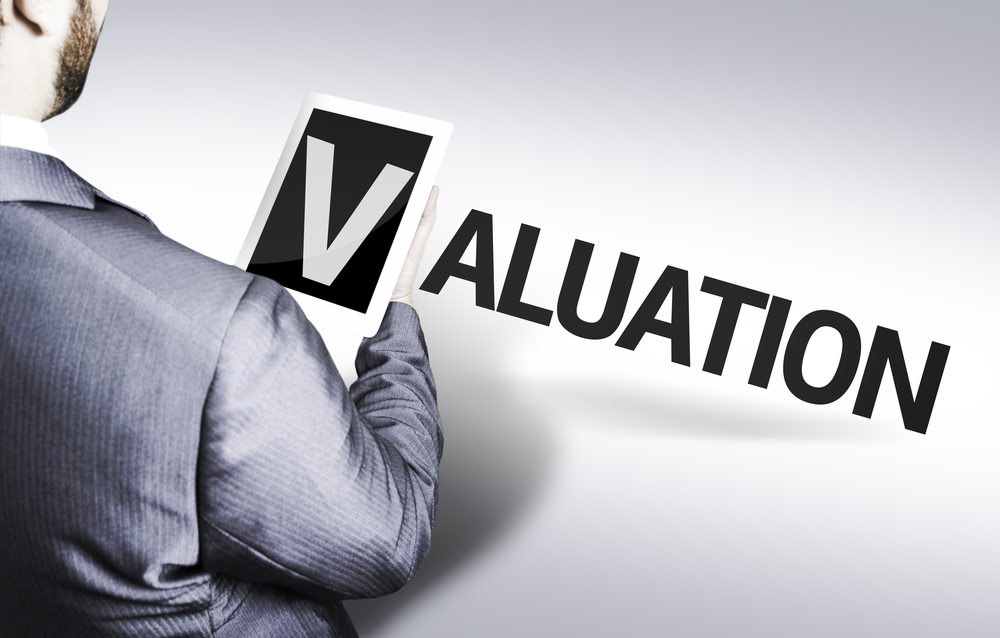Assessing the value of an unlisted company requires a delicate combination of art and precision, a procedure that is of paramount importance particularly in the field of mergers and acquisitions (M&A). Unlike their counterparts with public markets Private companies even though they are integral participants in a variety of transactions, hide their financial complexities in secrecy. The lack of disclosure that poses the challenge that requires a distinct approach to reveal the true value of these private enterprises.
A clear valuation is essential in the field of M&A. Knowing the true worth of private companies is crucial to M&A transactions. Understanding the true worth of a private company is crucial for M&A deals, but is also important for litigation and taxation.

Value of Private Companies The Value of Private Company: Problèmes
Stock markets are an excellent method to evaluate the value of publicly traded companies because they offer information like the number of shares that are outstanding and current prices for stocks. However this method is not applicable to private firms because they lack public financial information. Private company valuation poses challenges since the information required to make a valuation isn’t available to the general public.
Four Common Ways to Value Private Companies
In spite of these difficulties, four common methods are used for valuing privately held companies:
Comparable Companies (CCA) Analysis This method examines financial metrics of comparable companies operating in the same sector to evaluate the relative worth of the target firm.
Precedent Transactions Analysis – PTA: PTA examines the valuation of similar businesses that were involved in M&A transactions. It provides a standard to determine the value of the company that is being acquired.
Discounted Cashflows (DCF) commonly referred to as discounted cash flows, is the method of discounting future cash flows to their current value, and the determination of their intrinsic value.
Direct Valuation: This method determines the worth of an organization through evaluating its assets like intellectual property, real estate and equipment.
The role of private company Valuation in M&A Transactions
When it comes to M&A transactions, the valuation of a private business is the main factor. Accurate valuations help sellers and buyers to make well-informed decisions that align with their strategic goals and financial criteria. Knowing the real value is crucial for any transaction, be it the merger, purchase or sale.
M&A deals are intricate processes including due diligence, negotiations as well as financial considerations. Assessing privately owned companies accurately is the first step in a transparent, fair deal. Both parties can enter into negotiations knowing the worth of their business, thus establishing confidence and making transactions more straightforward.
While private company valuation is critical in M&A, its importance extends to other realms, notably taxation and litigation.
Taxation: The worth of a private firm is crucial to tax planning and compliance. An accurate valuation ensures that the business is taxed in a way that is and based on its true worth to avoid potential problems with tax authorities.
Valuation in litigation is critical in cases where the worth of a private firm is at stake. A precise valuation can be crucial to determining a fair solution, regardless of whether it’s the result of a dispute between shareholders, divorce proceedings, or bankruptcy instances.
Navigating the Four Common Valuation Methods
Comparable Companies Analysis (CCA): CCA involves the identification of public companies that are comparable to private businesses in terms of size, industry and financial metrics. Examining the valuation multiples of the comparable companies can give an estimate of the worth of a private company.
Precedent Transactions Analysis: PTA is dependent on the prices of sales of companies similar to yours which were purchased in M&A deals. Through analyzing the number of transactions, analysts are able to extrapolate the value of a private company.
Discounted cash flow (DCF) – DCF is a method that is forward-looking, and forecasts the cash flow that the business will produce. The cash flows are then discounted to their current value and offer an intrinsic valuation that takes into account the time value of money.
Direct Valuation of Assets This method involves giving a value to every individual assets owned by the business. This is applicable to tangible assets like equipment, real estate, and patents, as well as intangible assets like trademarks and patents.
In conclusion, valuing an unincorporated business is an imperative and a problem in the world of business transactions. The science and art behind this process involves careful analysis of financial indicators as well as industry benchmarks and future projections. The value of a private company is an important factor in shaping its future and the present. It affects everything from the complexities of M&A deals, to taxation, and litigation.
A precise valuation is essential for business owners, investors and stakeholders to make well-informed decision-making. Since the world of private company valuation continues to evolve, businesses that grasp its intricacies and use sound valuation techniques are better positioned for success in a constantly changing market. Understanding the essence of an organization is key to properly valuing it.